New Approaches to Macroeconomic Modeling: Evolutionary Stochastic Dynamics, Multiple Equilibria, and Externalities as Field Effects
This book contributes substantively to state-of-the-art macroeconomic modeling by providing a method for modeling large collections of heterogeneous agents subject to non-pairwise externality called field effects, i.e. feedback of aggregate effects on individual agents or agents using state-dependent strategies. Adopting a level of microeconomic description which keeps track of compositions of fractions of agents by 'types' or 'strategies', time evolution of the microeconomic states is described by (backward) Chapman-Kolmogorov equations. Macroeconomic dynamics naturally arise by expansion of the solution in some power series of the number of participants. Specification of the microeconomic transition rates thus leads to macroeconomic dynamic models. This approach provides a consistent way for dealing with multiple equilibria of macroeconomic dynamics by ergodic decomposition and associated calculations of mean first passage times, and stationary probabilities of equilibria further provide useful information on macroeconomic behavior.
{{comment.content}}
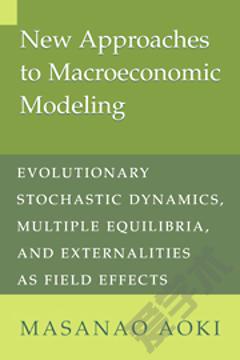
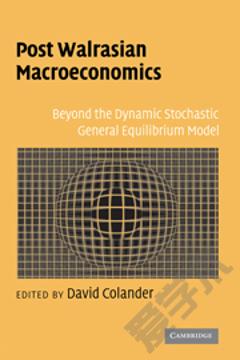


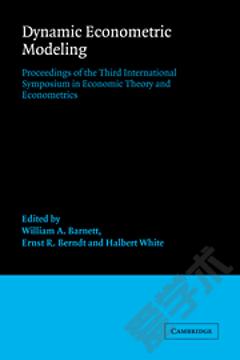
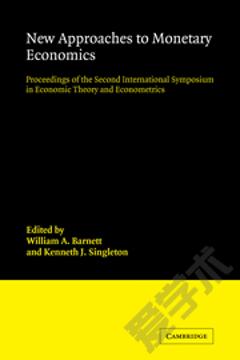
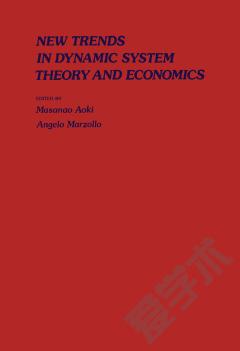

 京公网安备 11010802027623号
京公网安备 11010802027623号